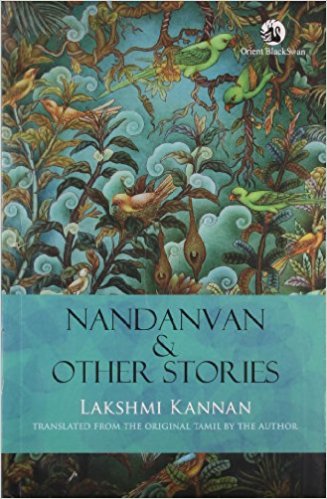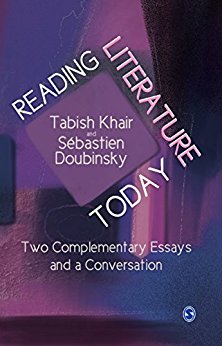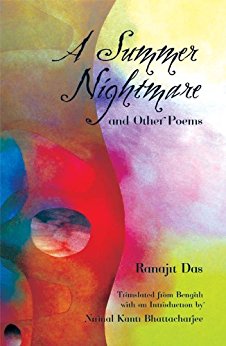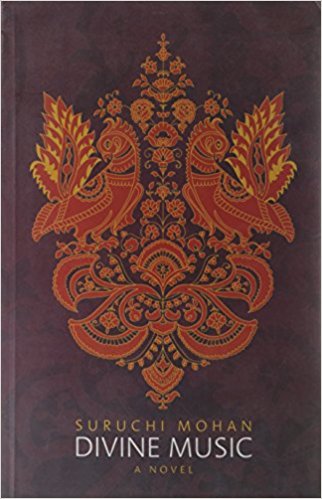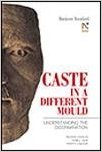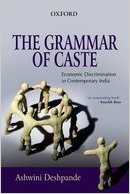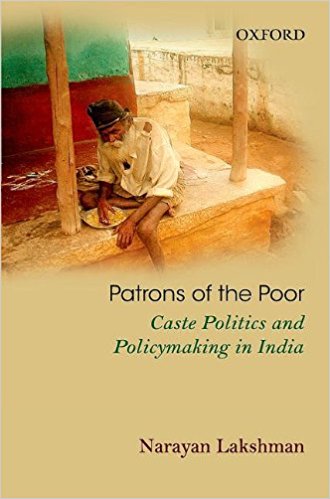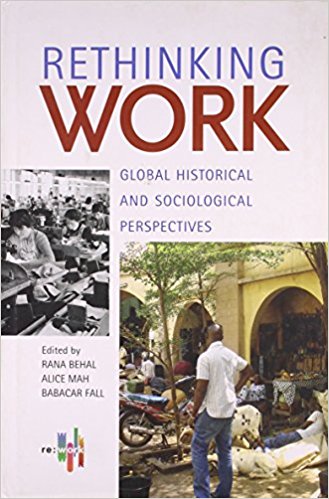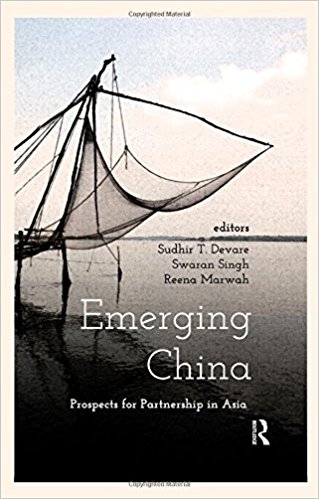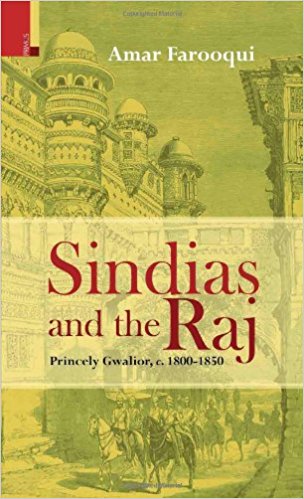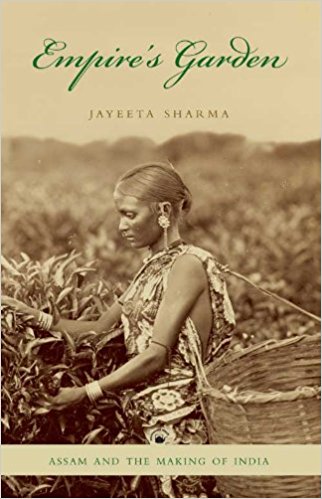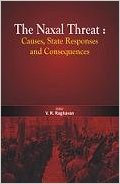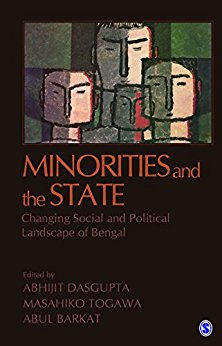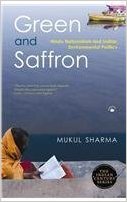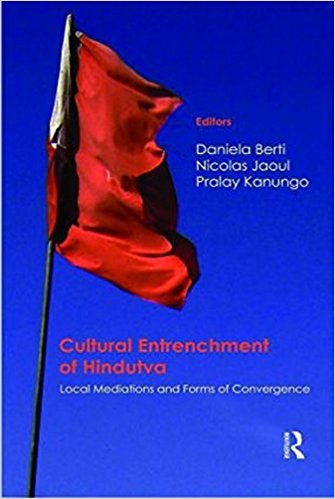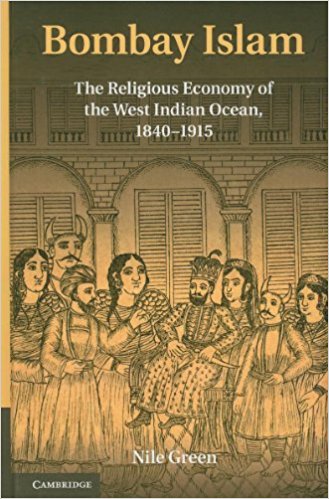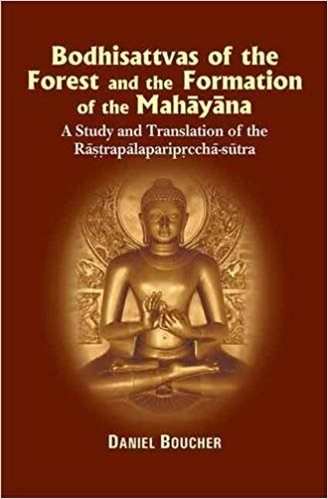I had never been much of a fan of Jug Suraiya’s column in the Sunday Times of India (STOI). It seemed dull, self indul-gent, trite and even pointless at times. His sense of humour escaped me and the satire was lost on me at the time when I did read his column…
Archives
April 2012 . VOLUME 36, NUMBER 4This is a tough one: there are several collections of Munshi Premchand’s translations in the market, and to at-tempt a new ‘best of’ is a daunting challenge to take on. But Rakhshanda Jalil takes on this tricky task ably: her translations of seventeen short stories…
This collection of stories (originally written in Tamil and translated into English by the author herself) brings to the reader slices of life tinged with courage, pathos, humour, in short, situations and expe-riences that we can identify with in a myriad ways…
Going by this illuminating statement, let us look at the poems themselves. The very first poem gives the reader a foretaste of what is to come. ‘Egomobile: An Ad’ is like a mock-advertisement of an automobile. Almost all human preoccupations and passions are squee-zed into this tight structure…
To me, poetry is the recording of the emotional world structured by the intellectual reinforcements of indivi-dual subjectivity, through images, metaphors and sculpted words and phrases of specific aesthetic relevance. Even Wordsworth’s well-known descriptions of poetry…
It is rarely that one comes across a full fiction based on music. In Indian Bhasha literature, one immediately remembers S.L. Bhyrappa’s Saraswati Samman winning Kannada novel Mandra and Bani Basu’s Bengali novel Gandharvi…
In the post-Mandal debates, one commonsensical understanding has emerged that the dalits (Scheduled Castes/Tribes) are more disadvantaged and deprived than the Other backward Castes/Classes (OBCs) and therefore their demands for reservations can be justified but not of the affluent OBCs…
Until sometime back caste was viewed as a kind of odd subject, something which primarily concerned scholars interested in the traditional social order of Indian society, social anthropologists and sociologists. Economists who engaged with the processes of planning…
The book under review is a vital addition to the scholarly writings on Indian political economy, though sadly it engages with the familiar puzzle regarding why and how poverty persists among various social groups of India even after more than six decades of India’s freedom…
Rethinking Work: Global, Historical and Sociological Perspectives, is a collection of essays which explores the theme of work as a separate conceptual category that exists apart from labour. In doing so the contributing authors provide a perspective on the factors that define the contours of the meaning of work and the reality of its experi-ence…
This is a glossy coffee table book commemorating 60 year of diplomatic relations between France and India brought out under the aegis of FICCI, with messages from the presidents of both the republics, and a foreword by the president of FICCI. However, the introduction…
For most of the twentieth century, two countries dominated the scene: the United States and Russia (till 1991 as the erstwhile Soviet Union). Students of mod-ern history, political science and international relations, and indeed people more generally…
India’s foreign policy has been, and continues to be, driven by a host of factors which are not easy to delineate. India’s relations with the external world have often been driven by personalities-individual proclivities, orien-tations and worldview. History and geography have played their part in varying tones…
The (re)emergence of China over the last couple of decades as an economic powerhouse with significant military and technological prowess has a direct bearing on India in particular and the global order in general. The re-emergence of China and India in particular has resulted…
What is it about the lanes of Old Delhi that has every ‘authentic’ Dilliwalla preferring to live in their memories than in present-day Delhi? If only one had a time-machine, perhaps the mystery could be resolved. In the absence of such a mechanism, those of us who are bewitched by this city have only…
A renewed discussion over the histories of the Princely States in Colonial India has brought many interesting themes to the fore for some time now. While it is difficult to ascertain whether the subject itself has arrived in the mainstream of Indian historiography…
Empire’s Garden by Jayeeta Sharma is about the North Eastern province of Assam. The objective of the book was to show how a vast wilderness was transformed into a flourishing greenery of tea-plantation around which a colonial state was entrenched,…
The killing of Mallojula Koteshwar Rao, known as Kishenji, at the hands of counterinsurgency security forces in West Bengal’s West Midnapore district may be a setback to the Maoist movement but it gives no cause to rejoice… Over and above being a threat to security, the Maoist insurgency is a political question that needs political an-swers… His killing deprives the Maoist move-ment of a leader, but not the causes that sustain it…
Minorities and the State is a historical, analytical account of the relationship that has developed in the postcolonial period in Bengal, now comprising two regions, West Bengal in India and Bangla-desh. The province of Bengal was a central component of British colonial machina-tions in the Indian subcontinent.
Let me admit that I began reading this book from a position of considerable ignorance. As a political journalist, I have only followed environment movements from a hazy distance. What I do understand is politics, and a decade spent covering the emer-gence and consolidation of the Hindu right has convinced…
The image remains fresh to this day. Two young men in freshly starched kurta pyjamas enter the Balmiki colony. They know people there. I am sitting in a corner with a few young boys and girls, chatting with them about what was important in the early 1990s. I can’t remember what we were talking…
The title of this book might at first sight appear somewhat intriguing till one realizes that ‘Bombay’ is used by Nile Green as an adjective. At the same time this is not a study of some peculiar Bombay variant of Islam; rather, it tells the hitherto neglected story…
This is an excellent book, one which should be on the list of anybody interested in the question of the origins of the Mahayana. Studies of this issue have come a long way since 1907 when D.T. Suzuki, in his Outlines of Mahayana Buddhism (1907) started with a set of premises about what the Mahayana should be and then tried to read back into the past from that to find its origins…


